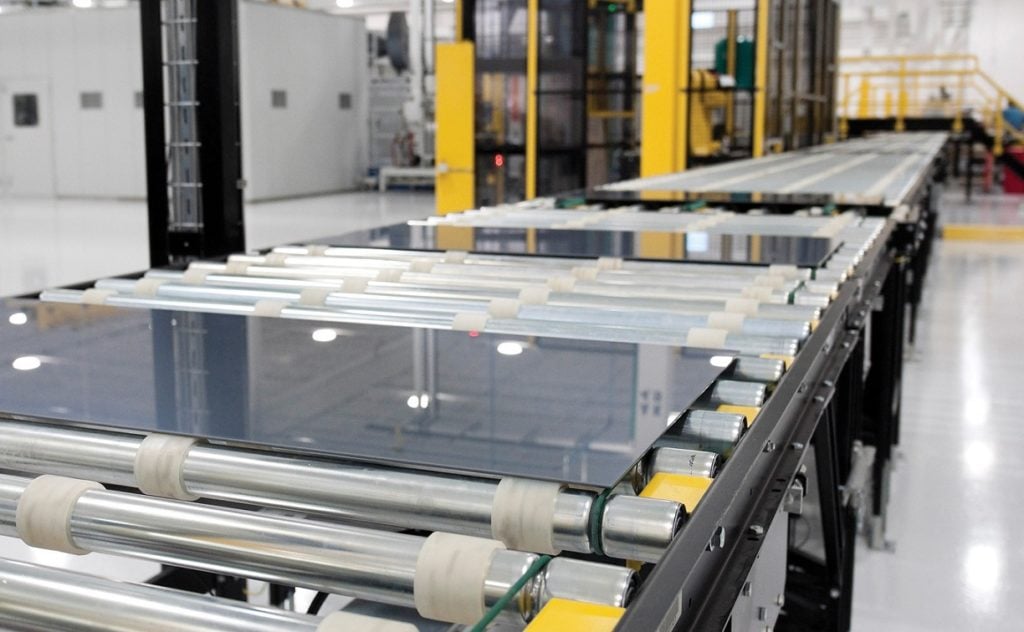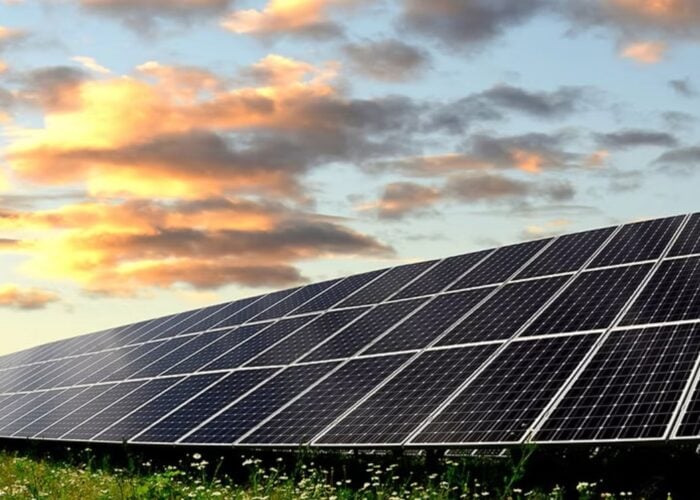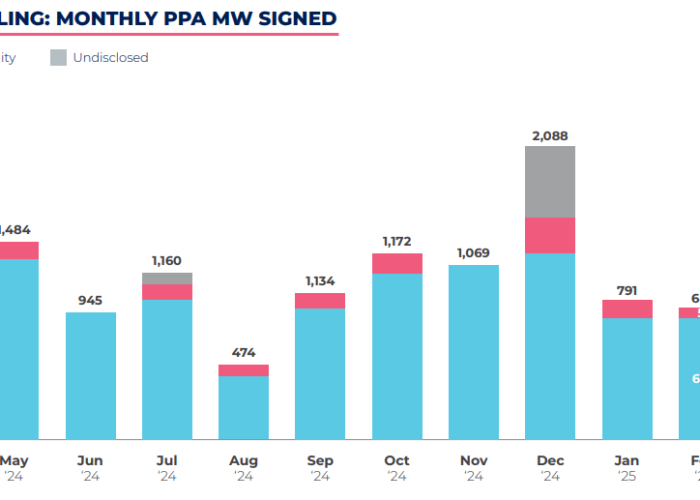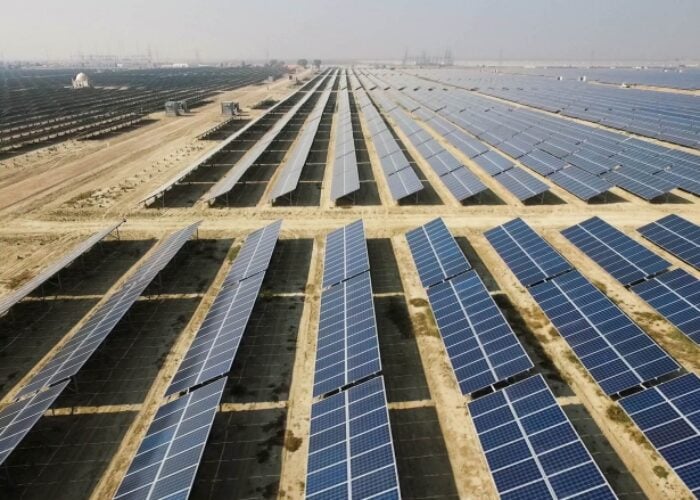
In the US, advanced manufacturing technologies account for the majority of tax credit transfer deals, enabled by the Inflation Reduction Act (IRA) in the third quarter of this year.
This is the headline takeaway from analyst Crux’s latest report into the US investment tax credit (ITC) and production tax credit (PTC) space. The report also notes that, in the third quarter, companies in the US traded US$7-7.5 billion of renewable power tax credits, close to the US$9-11 billion Crux estimated for the first half of the year. This brought the total amount of money invested into tax credit transfers up to US$18.5 billion this year.
Unlock unlimited access for 12 whole months of distinctive global analysis
Photovoltaics International is now included.
- Regular insight and analysis of the industry’s biggest developments
- In-depth interviews with the industry’s leading figures
- Unlimited digital access to the PV Tech Power journal catalogue
- Unlimited digital access to the Photovoltaics International journal catalogue
- Access to more than 1,000 technical papers
- Discounts on Solar Media’s portfolio of events, in-person and virtual
Or continue reading this article for free
Crux expects the US to invest as much as US$25 billion into tax credit transferability by the end of the year, and an increasing percentage of this money is going towards advanced manufacturing facilities. As shown in the graph below, advanced manufacturing accounted for 38% of the deals signed, according to Crux’s database – more than any other single technology and almost as large a percentage as solar accounted for in the second quarter of this year.
Compared to other technologies, such as wind and standalone storage, solar and advanced manufacturing have collectively dominated US tax credit deals this year, showing clear interest from investors. The Crux report draws on figures form the US Energy Information Administration (EIA), which suggest that this year, solar and storage projects will account for 81% of new electricity-generating capacity in the US.
The growth of manufacturing deals is perhaps unsurprising considering the uptick in new PV manufacturing in the US. Since the passage of the IRA, solar manufacturing is up nearly fourfold, as US companies look to make the most of the supportive legislation.
There is a strong correlation between size of deal and the cost of making it, with mega tax credit transfer deals drawing a higher price for both solar and wind. The graph below shows the average prices of solar and wind tax credit deals across five sizes of deals used by Crux: small (worth under US$25 million), mid-sized (worth US$25-50 million), large (worth US$50-100 million), extra large (worth US$100-150 million) and mega (worth more than US$150 million).
Larger deals also saw greater demand, with separate Crux figures showing that, for mega deals, there were an average of 6.5 bidders for each listed credit available. This compared to an average of 1.5 bidders for each listed credit for small deals.
In the third quarter of this year, a mega solar deal, for instance, drew an average price around six cents higher than a small solar deal. Solar deals across all deal sizes also saw a slight increase in price between the second and third quarters of this year, and this steady increase in price underpins some of Crux’s forecasts for significant investment into the space in the remaining months of the year.
The report notes that wind deals have consistently secured higher prices than solar deals, which could be attributed to the perception of wind projects as “low risk”. The analyst also notes that the due diligence process for wind projects is often “simple and quick”, compared to the “very wide range of developers and project types” present in solar. This variance in the solar sector could lead to deals being signed for a greater range of prices, pulling the average deal price down.
The growth of the tax credit transfer market has helped generate greater liquidity for the US renewable power space, according to Fred Petit of Investec, who spoke to PV Tech Premium earlier this year.







